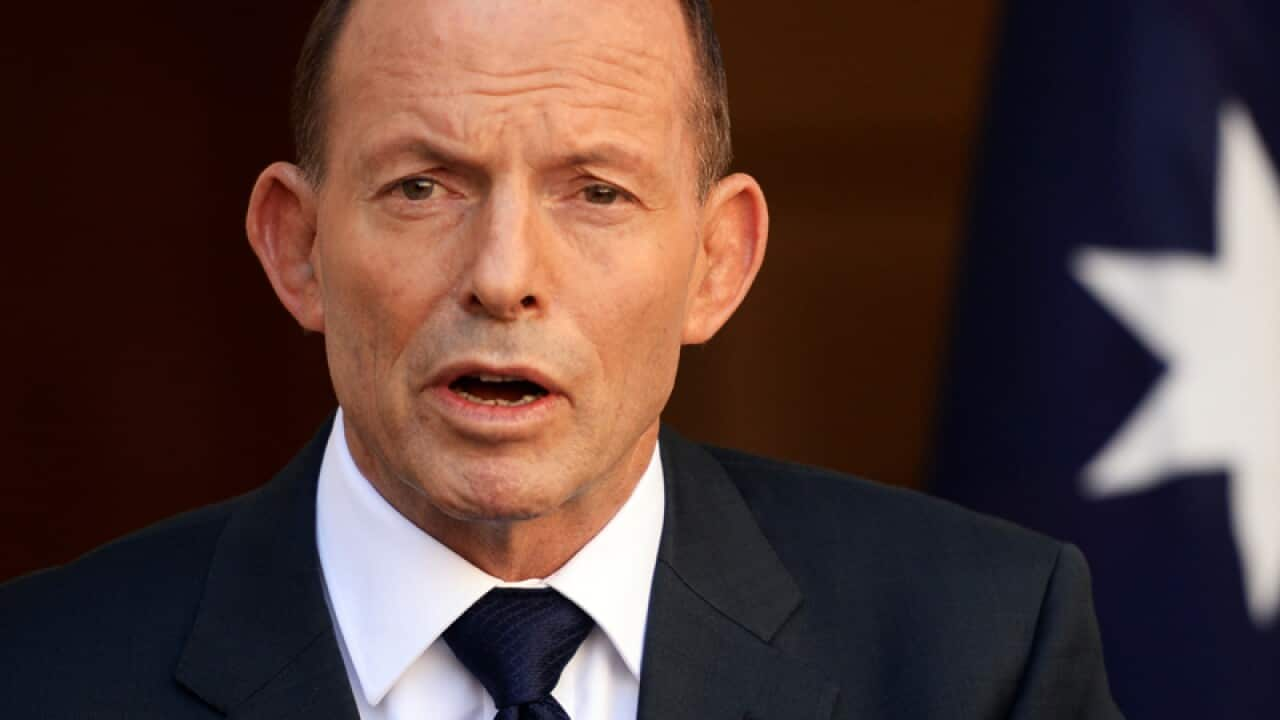The number of Australians worried about national security and terrorism has surged, with one in 10 now nominating it as their biggest worry, a national survey has found.
But the Scanlon Foundation’s Mapping Social Cohesion, which surveyed 1500 people, also revealed increased support for multiculturalism and less-than-expected concern about Australia’s immigration intake.
In 2014, less than 1 per cent of survey respondents nominated defence, national security and terrorism as their top concern, but this year that response jumped to 10 per cent, ranking as the third greatest concern behind the economy and social issues.
However, the 2015 survey also found that just 35 per cent of people considered the current immigration intake ‘too high’ - the lowest number since the survey began in 2007. Forty-one per cent said it was ‘about right’, while 19 per cent said it was ‘too low’.
Report author, Monash University’s Andrew Markus, said he was surprised by the result on immigration attitudes.
“Perhaps Australians are now more accepting of the reality that this is a country of immigration and that it benefits Australia,” he said.
When asked whether the government should be allowed to discriminate on the basis of race, ethnicity or religion, fewer than 10 per cent said they ‘strongly agree’.
“The clear majority of the population, 75 per cent, said there should not be discrimination in admitting people into the country,” Professor Markus said.
“It shows that when people raise security issues, they don’t see that in terms of race or ethnicity.”
Consistent with findings over the past three years, Australians were overwhelming satisfied with multiculturalism, the report found, with 86 per cent of people describing it as 'good for the country'.
Professor Markus said while leaders in nations like France, Germany and the UK had declared multiculturalism “a failure”, the concept had worked in Australia.
Multiculturalism in Australia was seen as a positive contributor to economic development and most importantly viewed as a “two-way process”, he said.
According to the report, 39 per cent of people thought migrants should adopt the Australian way of life but also that Australians should make an effort to understand the customs and heritage of immigrants.
Twenty-three per cent of respondents said it was up to the immigrants to be more like Australians.
“In Europe, multiculturalism is seen as a policy for separateness where migrants fail to fit into society. In Australia, multiculturalism means integration,” Professor Markus said.
Polish refugee and Australian Multicultural Council chair, Doctor Sev Ozdowski, said a range of policies to support integration in Australia encouraged positive attitudes towards cultural diversity.
“It has helped establish that equilibrium. Of course as migrants, we are trying to play by the rules of the country we join but in exchange we expect the cultures we are brought up in are respected,” Dr Ozdowski said.
The survey results showed young adults (18- to 29-year-olds) were more likely than their elders to be accepting of immigration and cultural diversity.
Sixty-five per cent of people in their 20s agreed with the provision of government assistance to ethnic minorities to maintain their customs and traditions, in contrast to 34 per cent of middle-aged and 31 per cent of older respondents.
“Young people are generally more accepting because they have grown up in quite diverse environments,” Professor Markus said.
“It speaks to their lived experience; their outlook of the world is different from their parents and grandparents.”
Only 15 per cent of survey respondents said they had experienced ethnic or religious discrimination, down from the peak of 19 per cent in 2013. However it was still higher than the 9 per cent response in 2007.
One possible explanation for this was the growing awareness about racism and confidence to talk about the issue, said Race Discrimination Commissioner Dr Tim Soutphommasane.
“People have been more willing in recent years to call out discrimination,” Dr Soutphommasane said.
“There has been more media and public attention paid to incidents of racial abuse and discrimination.”
Though he acknowledged it was an ongoing challenge, Dr Soutphommasane was optimistic some people had heeded the message that racial discrimination was unacceptable.
Almost three in 10 people who reported discrimination said they experienced it at least once a month.
People born overseas in non-English speaking countries reported the highest experience of discrimination - 21 per cent compared to 12 per cent of those born to English-speaking families in Australia.
Yet, given Australia had the largest immigration program per capita in the world with one of the most ethnically diverse societies, Dr Soutphommasane said Australia fared well in international comparisons of racial tolerance.




